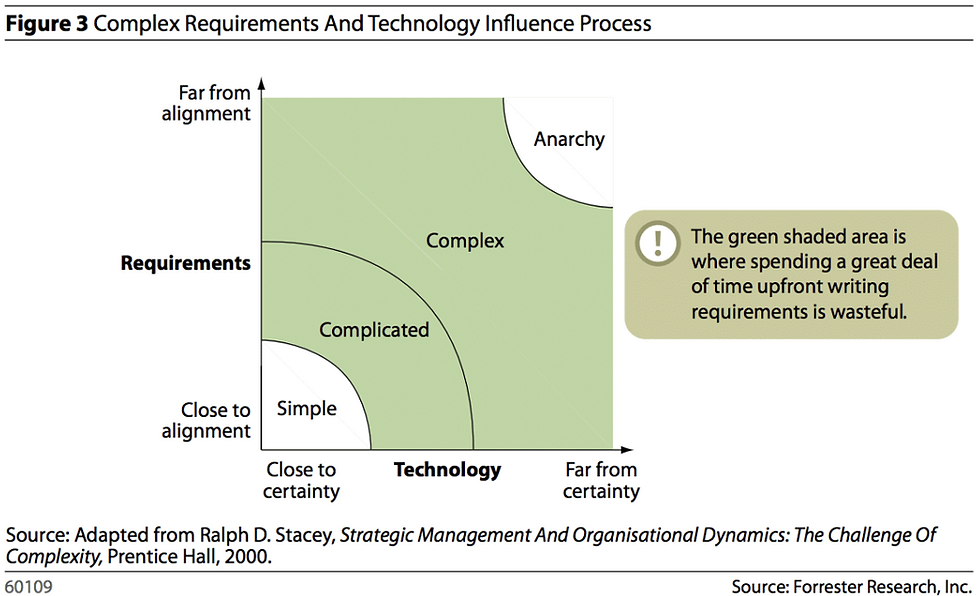Addressing the Challenges of Local Development Funding for Smaller Authorities
- Violet Swierkot
- Nov 5, 2024
- 2 min read
In the UK, the landscape of local government funding is anything but uniform. A staggering disparity exists in the ability of local authorities to leverage evidence for economic development. In 2019-20, while some authorities allocated over £8 million to local economic initiatives, others managed to invest a mere £100,000. This inequity gives larger combined authorities a significant edge in implementing effective, evidence-based policies, leaving smaller districts grappling with a restrictive "one-size-fits-all" funding model imposed by the government.
Despite efforts like the Levelling Up Fund, smaller authorities face persistent obstacles, such as delayed capacity funding, which undermines their ability to submit competitive bids. Furthermore, the division of economic development responsibilities across multiple authorities complicates their capacity to harness evidence effectively.
What Needs to Change?
1. Incentives for Evidence Use: The national government should set clear, long-term goals for local economic development and create a unified funding pot tied to these objectives. A "carrot and stick" funding approach can reward authorities that demonstrate effective evidence use while withholding support from those that do not.
2. Resource Development: It's essential to enhance subnational data provision. The government should coordinate policy evaluation, ensuring valuable insights are shared across local governments.
3. Building Capacity: Training programs should focus on bridging specific skill gaps in local authorities. Additionally, funding must support the hiring of economic and analytical specialists, enabling local authorities to attract the talent needed for effective policymaking.
4. Review and Reform: Local authorities should revaluate their objectives and the skills necessary for economic development. Redrawing local authority boundaries to align with economic geographies could streamline policy-making and promote the consistent use of evidence.
By implementing these strategies, the government can empower smaller local authorities, enabling them to effectively harness evidence and craft robust economic policies tailored to their unique challenges. It’s time to level the playing field and ensure all local authorities can thrive!

Reference: L.A.-Evidential-April-2024.pdf



Comments